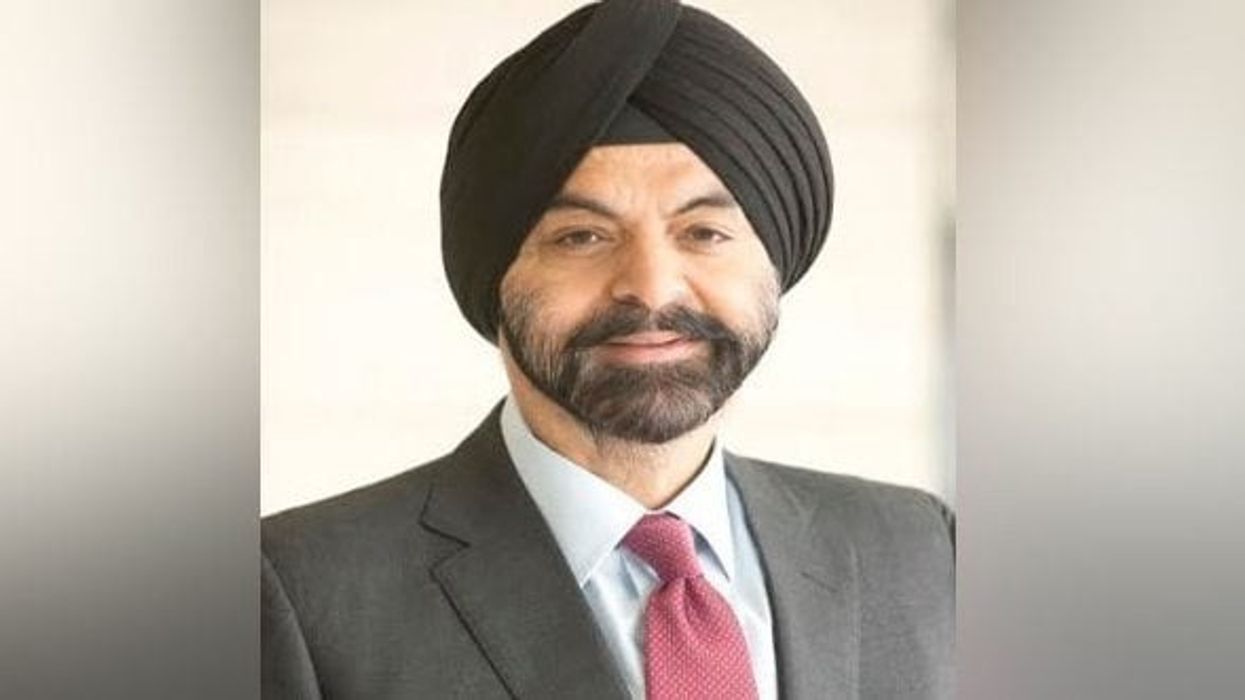On Wednesday (29), Janet Yellen, the US Treasury Secretary, stated that she anticipates Ajay Banga, the former CEO of Mastercard, to be elected as the president of the World Bank, which is a multilateral development bank.
In prepared testimony for the State, Foreign Operations, and Related Programmes subcommittee of the House Appropriations Committee, Yellen explained that Banga's responsibility would be to modernise the institution to better tackle emerging challenges.
Yellen will inform the lawmakers responsible for overseeing the Treasury Department's budget that this transformation would aid the Bank in achieving its crucial objectives of poverty reduction and development.
Banga, a 63-year-old finance and development specialist who holds American citizenship and was born in India, recently concluded a three-week global tour, engaging with government officials, civil society organisations, and other stakeholders in both borrowing and donor countries as part of his bid for the top position at the bank.
President Joe Biden nominated Banga for the role in late February.
Banga, the US nominee for the presidency of the World Bank, has gained support from several governments, including India, Britain, France, Germany, Italy, Japan, Bangladesh, Colombia, Egypt, Ivory Coast, Kenya, Saudi Arabia, and South Korea.
While other countries may still nominate individuals until March 29, no contenders have been revealed.
The World Bank has traditionally been led by an American, while a European has led the International Monetary Fund, since their establishment at the end of World War II.
The World Bank's board intends to select a new leader by the beginning of May. David Malpass, the current president of the bank who was nominated by former US President Donald Trump, declared his resignation in February after considerable criticism for initially not endorsing the scientific agreement on climate change.
With inputs from Reuters




